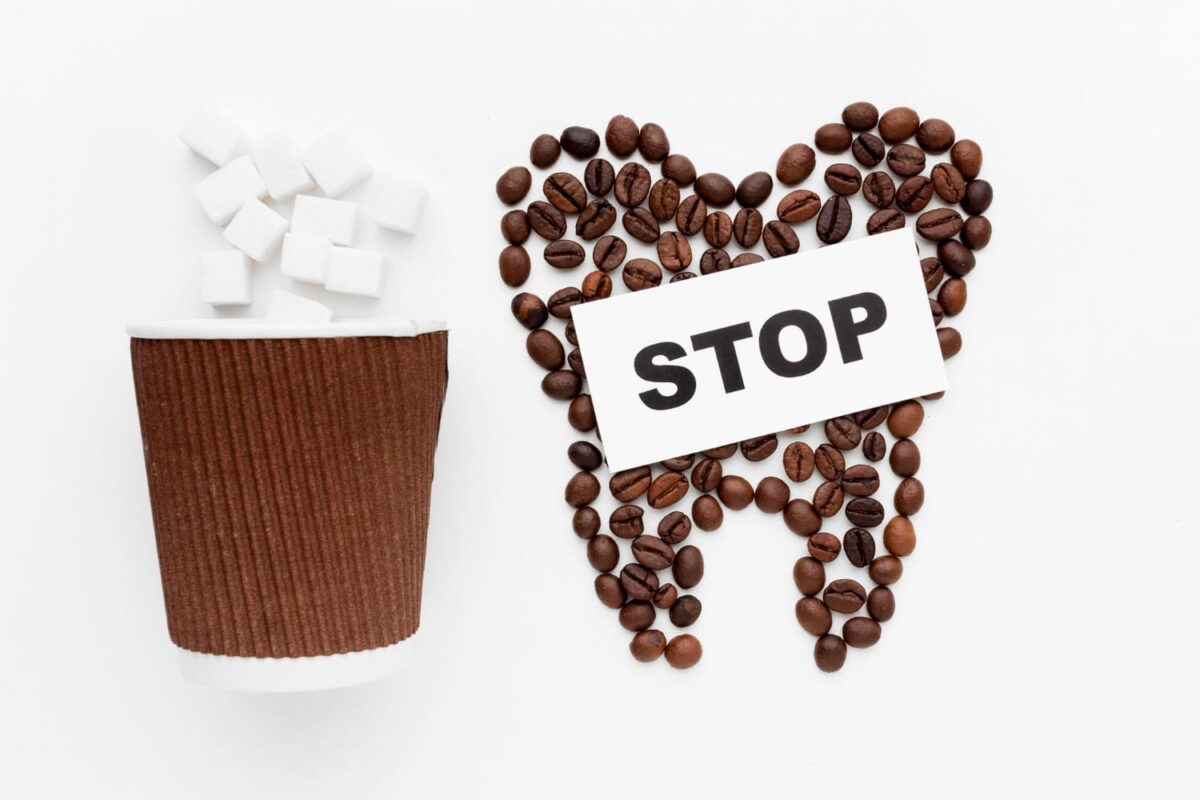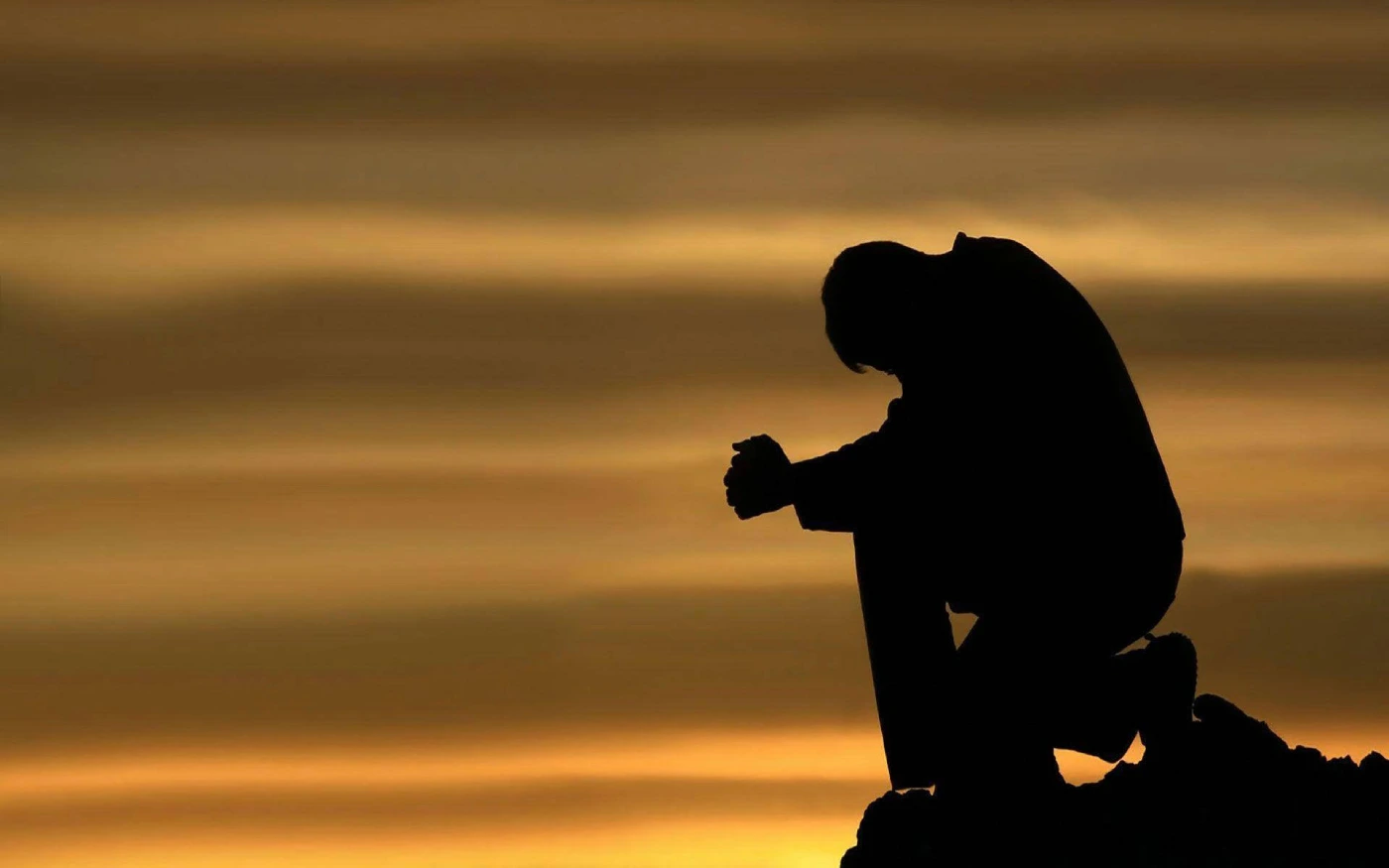While caffeine is found in many beverages and foods, its stimulant properties can lead to :
- dependence and withdrawal symptoms
- causing some to question whether their daily dose is becoming a problem.
In this blog post, we’ll explore the effects of caffeine addiction, how it develops, and ways to kick the habit if necessary.
What is caffeine
Caffeine is a naturally occurring stimulant that belongs to a class of compounds called xanthines.
It is found in various plants, including coffee beans, tea leaves, and cacao pods.
Caffeine is also added to many beverages, such as:
- soft drinks
- energy drinks
as well as certain foods and medications.
Caffeine works by stimulating the central nervous system, which can increase alertness and reduce fatigue.
It can also affect other systems in the body, such as the cardiovascular and respiratory systems, and can have both positive and negative effects on health depending on the dose and individual sensitivity.
Some people may experience side effects from consuming too much caffeine, such as jitters, anxiety, headaches, or difficulty sleeping.
How caffeine affects the body
Caffeine is a natural stimulant that affects the body in several ways.
When consumed, caffeine is quickly absorbed into the bloodstream and travels to the brain, where it blocks the action of adenosine, a neurotransmitter that promotes relaxation and drowsiness.
This leads to increased neural activity, which has a number of effects on the body, including:
- Increased alertness
- Improved physical performance
- Increased heart rate and blood pressure
- Diuretic effects
- Interference with sleep
- Increased anxiety and nervousness
It’s worth noting that the effects of caffeine can vary depending on the individual and the amount consumed.
Some people are more sensitive to caffeine than others, and consuming large amounts of caffeine can lead to negative side effects.
As with any substance, it’s important to consume caffeine in moderation and to be aware of how it affects your body.

Causes of Caffeine addiction
Caffeine addiction, also known as caffeine dependence, can develop from regular consumption of caffeine.
Here are some common causes of caffeine addiction:
- Regular consumption: Consuming caffeine regularly can cause the body to build up a tolerance to caffeine, which can lead to dependence over time.
- Brain chemistry: Caffeine affects the brain’s chemistry by blocking the action of a neurotransmitter called adenosine, which can lead to increased dopamine production.
- This can create a pleasurable feeling that the brain may crave, leading to dependence.
- Genetics: Some people may be more susceptible to caffeine addiction due to their genetics or family history.
- Stress: Caffeine can help people feel more alert and focused, which can be appealing for those who are stressed or have a lot of work to do.
- This can lead to dependence on caffeine to cope with stress.
- Withdrawal symptoms: When someone stops consuming caffeine abruptly, they may experience withdrawal symptoms such as headaches, fatigue, and irritability.
- This can lead to continued consumption of caffeine to avoid these symptoms.
It’s important to note that while caffeine can be addictive, it is not considered a substance that poses a significant risk of addiction or dependence compared to other substances like alcohol or drugs.
Signs and Symptoms of Caffeine addiction
Caffeine addiction, also known as caffeine dependence, can cause a variety of signs and symptoms.
Here are some common signs and symptoms of caffeine addiction:
- Tolerance
- Over time, regular caffeine consumption can lead to a tolerance, which means that a person needs more caffeine to achieve the same effects.
- Withdrawal symptoms
- When someone stops consuming caffeine abruptly, they may experience withdrawal symptoms such as:
- headaches
- fatigue
- irritability
- and difficulty concentrating.
- When someone stops consuming caffeine abruptly, they may experience withdrawal symptoms such as:
- Cravings
- People with caffeine addiction may experience strong cravings for caffeine, which can be difficult to resist.
- Dependence
- People with caffeine addiction may feel like they need caffeine to function normally, and may experience negative effects when they don’t consume caffeine.
- Difficulty sleeping
- Consuming caffeine too close to bedtime can interfere with sleep, which can lead to a cycle of continued caffeine consumption to combat fatigue during the day.
- Increased heart rate and blood pressure
- Consuming too much caffeine can lead to increased heart rate and blood pressure, which can be a sign of caffeine addiction.
It’s important to note that while many people consume caffeine regularly without issue, excessive caffeine consumption or dependence can cause negative effects on health and well-being.
If you are concerned about your caffeine consumption or are experiencing negative effects, it may be helpful to speak with a healthcare professional.

Health Effects of Caffeine addiction
Excessive caffeine consumption or caffeine addiction can have negative effects on health and well-being.
Here are some potential health effects of caffeine addiction:
- Sleep disturbances
- Anxiety and jitters
- Digestive issues
- Increased heart rate and blood pressure
- Headaches
- Dehydration
- Interference with nutrient absorption
It’s important to note that everyone’s sensitivity to caffeine is different, and some people may experience negative effects from lower doses of caffeine than others.
If you are concerned about your caffeine consumption or are experiencing negative effects, it may be helpful to speak with a healthcare professional.
Prevention and Treatment of Caffeine addiction
Preventing and treating caffeine addiction involves strategies to reduce or eliminate caffeine consumption.
Here are some tips for prevention and treatment of caffeine addiction:
- Gradual reduction
- If you are consuming a lot of caffeine, it may be helpful to gradually reduce your intake over time to avoid withdrawal symptoms.
- Substitute with decaf
- If you enjoy the taste of coffee or tea, consider substituting with decaf versions to reduce your caffeine intake.
- Avoid caffeine-containing foods and beverages
- Be aware of foods and beverages that contain caffeine, such as soft drinks, energy drinks, chocolate, and some medications, and try to avoid or limit them.
- Get enough sleep
- Getting adequate sleep can help reduce the need for caffeine to combat fatigue during the day.
- Stay hydrated
- Drinking plenty of water can help reduce the risk of dehydration from caffeine consumption.
- Seek support
- If you are struggling with caffeine addiction, it may be helpful to seek support from a healthcare professional, a therapist, or a support group.
- Medication-assisted treatment
- In some cases, medication-assisted treatment may be used to help reduce caffeine dependence and withdrawal symptoms.
It’s important to note that everyone’s sensitivity to caffeine is different, and some people may need to avoid caffeine completely to avoid negative effects.
If you are concerned about your caffeine consumption or are experiencing negative effects, it may be helpful to speak with a healthcare professional.

Conclusion
Caffeine addiction is a real phenomenon that can have negative effects on health and well-being.
While caffeine consumption in moderation is generally considered safe for most people, excessive caffeine consumption or dependence can lead to:
- sleep disturbances
- anxiety
- digestive issues,
- increased heart rate and blood pressure
- headaches
- dehydration
- and interference with nutrient absorption.
Prevention and treatment of caffeine addiction involve strategies to reduce or eliminate caffeine consumption gradually, substitute with decaf options, stay hydrated, get enough sleep, seek support, and in some cases, medication-assisted treatment.
It’s important to note that everyone’s sensitivity to caffeine is different, and if you are concerned about your caffeine consumption or are experiencing negative effects, it may be helpful to speak with a healthcare professional.
You may also be interested in: The Addictive Power: Is Adderall Addictive?













